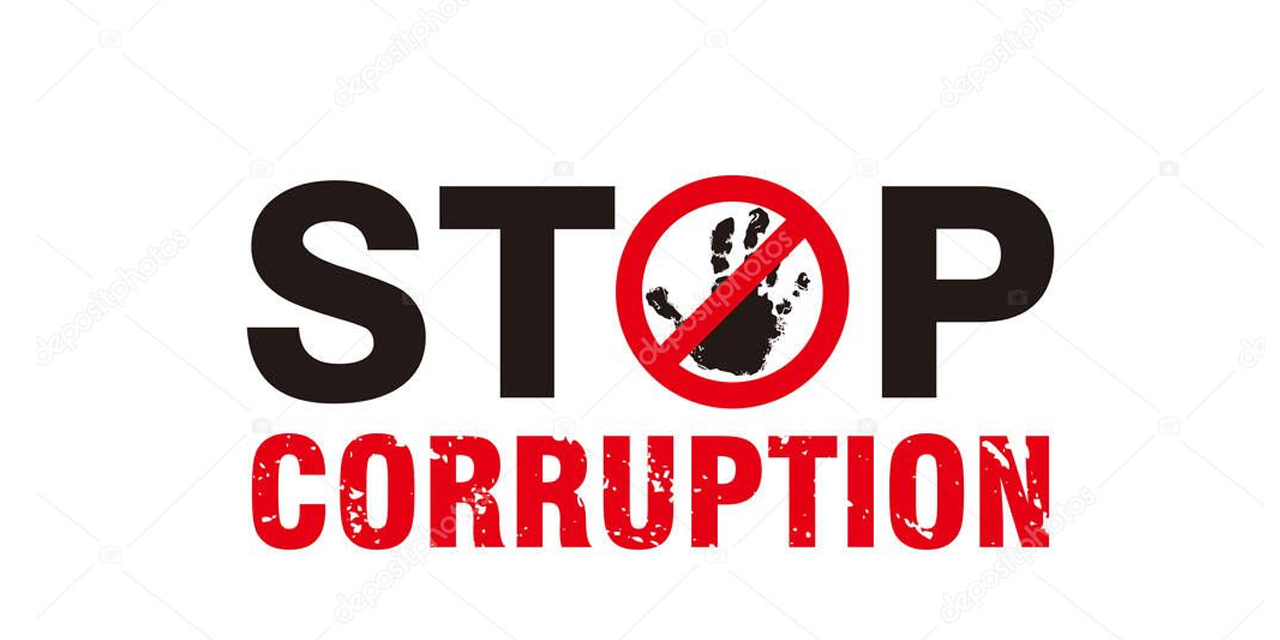Tujoromajo Kasuto
Youth are questioning why they have to accept and live with growing unemployment, poverty and crime as the inheritors of a free Namibia.
The youth is angry that their supposed freedom exists only on paper but not in practice. They feel that they are living as impoverished slaves, struggling to survive while being told that Namibia is flourishing.
They decry that government plans and projects such as Vision 2030, Targeted Intervention Programme for Employment and Economic Growth (TIPEEG), the Harambee Prosperity Plan (HPP) and Food Bank have not eradicated poverty. Instead, a few enriched themselves at the expense of the youth, who are the rightful owners of the country’s resources but do not benefit from them.
This was said at a media briefing hosted last week by Basic Income Grant (BIG) Foundation of Namibia. The youth feel cheated out of a promising future and opportunities witnessing the on-going revelations of the Fishrot saga, which they observe “showed the depth and greed of the ruling elites”.
“They continue to show us the middle finger while they steal and lie about a “One Namibia, One Nation” which has become a meaningless slogan,” they observe believing that they were deceived and misled about being the future of Namibia, while the political leaders have shown zero initiatives and actions to solve the “depressing” youth unemployment rate of 50.3 percent.
The youth question if education is really the key to success when even graduates are forced onto the streets as the education they acquire does not unlock the doors of opportunity, except that of poverty, crime and prostitution. The youth is angry that the leaders and “their cronies” have continuously been stealing from the poor, the hungry, the sick and the dying. They state that what further annoy them is the fact that the leaders have kept them in an enforced state of poverty by “lying, robbing and destroying the potential of the Namibian youth”.
They cite the N $ 200 million which former Defence Minister Peter Vilho, was accused of approving transfer thereof from the ministry to August 26 in 2017 without treasury approval, as one example of mismanagement and the theft of national resources.
Also N$600 million was allegedly lost from the Government Institutions Pension Fund (GIPF) after some loan beneficiaries of the fund did not pay back money they had borrowed; about N$200 million that the SME Bank Namibia ‘invested’ with South African entities that vanished from thin air, just to mention a few.
The aforementioned, ala the youth is “just the tip of the iceberg”. They further lament “the squandered” public funds totaling over N$5 billion. The youth feel that the current President has failed to deliver on the promises he made when he came into office. Many political leaders have over the years portrayed a widespread but completely hesitant and uniformed perception that welfare grants like the Basic Income Grant (BIG) make people dependent.
Evidence from 130 BIG Pilot Studies from across the world, such as in Namibia, Brazil and India, have shown that BIG enables people to become economically active and to improve their own lives substantially. “We have seen this practically during the Otjivero Pilot Study whereby BIG enabled recipients to change their lives. Should BIG be paid to all Namibians, it would certainly transform the youth’s current economic state,” they add.
The youth want the President, political leaders, clergy, civil society and all Namibians to understand that the state of collective social wellbeing rests on how those who are still chained by the shackles of poverty, unable to fulfill their potential are taken care of.
A BIG of at least N$500 per person per month for people aged 19-59, to complement a universal child grant and the social pension, is a necessary intervention to ensure a minimal decent existence. Given Namibia’s resources, the youth demand the implementation of BIG now.
The youth say they want to see a Namibia where everybody’s basic needs are taken care of without discrimination. Thus they challenge the political heads of all parties to support their demands and to show that “unconditional poverty eradication” is part of their priorities.




